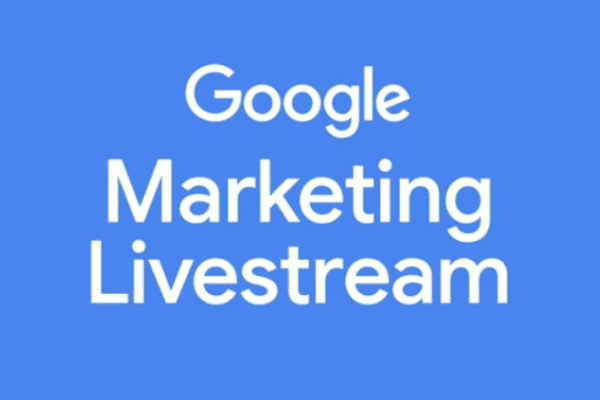Marketing to Millennials. Keep these three insights in mind when marketing to this important generational group and you’re more likely to find success

Rarely a day goes by without a news story about millennials killing something. According to the headlines, everything from real estate to relationships has supposedly been axed by avocado-loving, impossible-to-please millennials. While the generation of consumers born from 1981-1996 often gets a bad rap, they’re actually engaged buyers looking for convenience and sustainability.
Generational marketing can really help you connect with a specific audience. Here are a few things to understand about marketing to millennials in particular.
The Tenets of Marketing to Millennials
Understand that they’re not children
The oldest millennials are in their mid-thirties, so it’s probably time to stop thinking about them as Snapchat-crazed children. In fact, it’s probably time to start thinking of them as adults with children of their own. According to the National Retail Federation (NRF), millennials are parenting about half of America’s children, with that number growing every year:
“Millennials are parents to 50 percent of today’s children, more than 1 million millennial women become new mothers each year, and millennials make a significant contribution to the $1 trillion U.S. parents spend annually on raising their children.”
And the NRF has also discovered that millennials shop much differently than their parents or Generation X. For example, they’re much more likely to be in a hurry and are counting on brands to meet their needs quickly. If they can subscribe for monthly delivery, all the better:
“Millennial parents are often in a hurry, and 86 percent have used same-day shipping compared with just 67 percent of parents from other generations,” according to the NRF. “And they’re willing to pay for convenience – only 53 percent expect free shipping on small orders under $50 compared with 66 percent of other parents. Subscription services – which can supply automatic refills and discounted prices on items such as diapers, formula and baby wipes – are used by 40 percent, compared with 18 percent of other parents.”
Marketing to millennials means focusing on how your brand can make their lives easier. That can mean same-day shipping or a subscription ordering system that delivers goods to their doors every month.
Be willing to break with tradition
For millennials more than any previous generation, being online is a source of connection to the outside world. It helps them keep up with friends, network with contacts, and understand current events. According to the American Press Institute, the average millennial gets 75% of their news online. While older generations are more likely to see that as a bad thing, millennials, by and large, think that the internet makes the world a better place. A recent study by Pew found that 97% of millennials are online, and 73% say the internet is positive for society.
So what does that have to do with brands and their marketing to millennials? Well, on one hand, it means that Generation Y is much more open to innovative digital marketing. On the other, it means advertisers need to let go of tradition. A study by the McCarthy Group recently found that 84% of millennials can’t stand traditional advertising, such as TV commercials, radio spots, etc. However, they don’t mind digital advertising as much. Adweek found that 57% would view sponsored content from a brand, such as feature articles or pre-roll video, as long as that content was authentic, entertaining, and useful (and short!).

Learn more about how to market to today’s generations
Recognize that they’re less financially secure than previous generations
While millennials are on track to soon make up the biggest segment of society, they also have less discretionary income than their parents did at their age. MagnifyMoney reports that millennials have around $2,430 in savings, as opposed to Generation X, which has $15,780, and baby boomers who have $24,280. They’re also spending less on discretionary items. Where the average baby boomer or Gen X-er spends around $1,000 a month on discretionary items, millennials spent around 27% less than Gen X and 23% less than baby boomers.
So when will millennials spend their money? When they think your brand deserves their business. According to Horizon Media’s Finger on the Pulse study, 80% of millennials expect brands to make a public commitment to good corporate citizenship.
They also need to see that a product is going to last. The Intelligence Group’s Cassandra Report says that when millennials buy products, 36% tend to make purchases they view as “really necessary.” They’re also doing a lot of research beforehand; 72% say they research online before making an in-store purchase. Millennials also think about the resale value of the things they buy, with 44% saying they factor resale value into a purchase and prefer brands “that allow them to repair, reuse and/or recycle the goods they consume, says the report.”
Millennials are tech-savvy, idealistic, and a bit cash strapped. So when you’re marketing to millennials, you must focus on the value of your product while educating them in fun, digital-first ways. Brands that do this are the ones most likely to connect with this highly selective generation.






